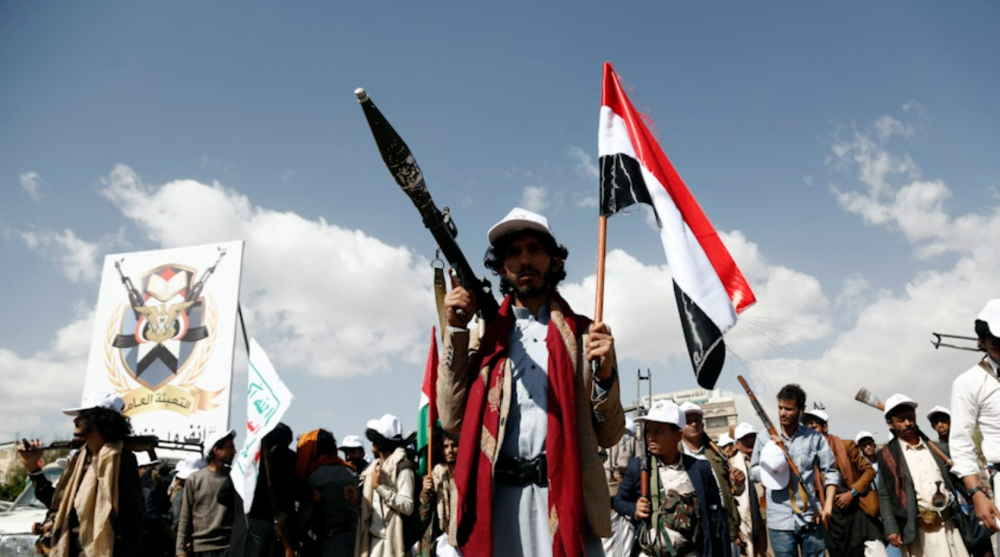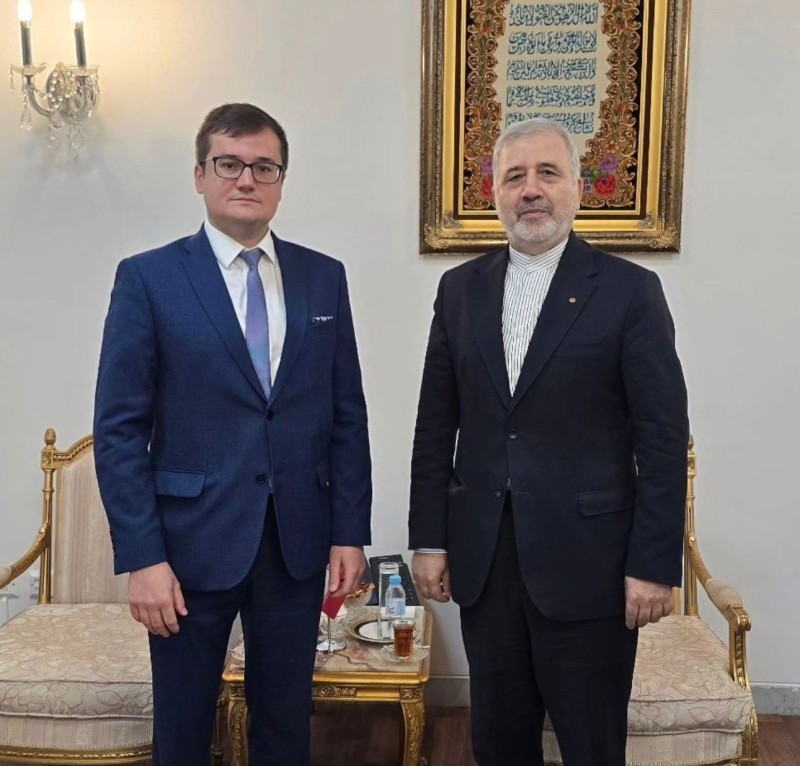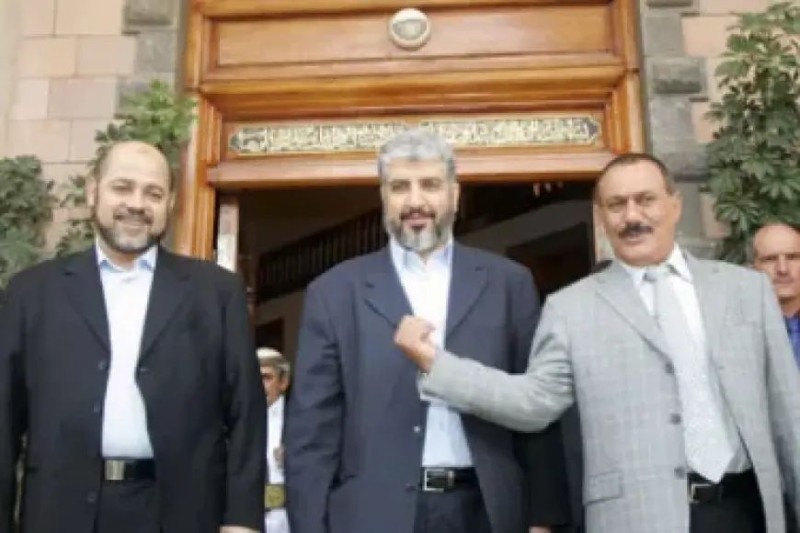Yemen : Houthis step up pressure on foreign organizations


Amid continued British-US airstrikes in Yemen, the Ansarullah movement—better known as the Houthis—has significantly intensified its intimidation tactics in the country. Since May 31, the group has arbitrarily arrested UN staff as well as employees of international and national organizations operating in Sana’a. Moreover, in June, the Houthis declared that they had detained an “American-Israeli” spy cell “directly linked to the CIA”—accusing those arrested of engaging in “espionage and sabotage in both official and unofficial institutions.” They subsequently broadcasted what appeared to be forced confessions from ten former employees of the US embassy, which closed its operations in 2015.
In response, the US Mission to the UN indicated that a total of “50 Yemeni employees of UN agencies, Member State diplomatic missions, private companies, international organizations, and non-governmental organizations” had been arrested. Both the UN and Washington have condemned the crackdown and rejected the accusations leveled by the Houthis.
Most recently, the Houthis are alleged to have banned foreign staff of international organizations from leaving Sana’a. They are also said to have obliged such actors to provide them with their staffing structures and not to employ any local or foreign staff without the group's prior consent.
A useful foreign enemy
The Houthi governance strategy involves routinely blaming a foreign enemy for shortcomings at home, observers say. The movement has long argued that it has been contending with “Saudi aggression” under “direct American supervision,” saying that this has hindered its ability to meet the needs of Yemenis. Speaking to Amwaj.media, former UN worker Sadeq Al-Wesabi asserted that the accusations of espionage against foreign organizations serve to "incite the public" against these organizations rather than focusing attention on alleged Houthi corruption.
However, rhetoric against Saudi Arabia and the United Arab Emirates (UAE) shifted somewhat towards the end of 2022, when the UN-brokered truce officially ended but without a resumption of the previous fighting. Since then, civil servants—including teachers—have grown increasingly discontent with the economic situation in Houthi-controlled areas and held demonstrations over unpaid salaries. Amid rising tensions, the Yemeni group realized that it needed a new distraction.
The eruption of the Gaza war in Oct. 2023 provided a timely diversion as it shifted focus to the Ansarullah movement’s stance against Israel. As Sultan Al Samil, a member of the Houthi-run Supreme Political Council, put it, the war saved the Houthis from a public that would have otherwise “eaten them alive.” Through its initiation of attacks on Israel-linked commercial vessels in the Red Sea and the Gulf of Aden in Nov. 2023—under the pretext of supporting Palestine, a cause close to the hearts of many Yemenis—the Houthis gained newfound popularity at home. This support, which also elevated the group’s profile domestically and abroad, encouraged it to further tighten its grip on society.
Fast-forwarding to the recent measures, Ansarullah has been strategic in framing the justifications behind its wave of arrests. In statements, the Houthis have claimed that the detained individuals had been spying against state institutions and society since 2014—years before they took control of the capital. The underlying logic is a need to provide a convincing justification, both locally and abroad. By portraying the arrested individuals as long-time enemies of the state and society, the Houthis aim to appear as protectors of Yemen rather than merely safeguarding their own power.
Payback against the Yemeni government
The timing of the recent arrests is also important to consider. The crackdown has taken place days after the economic measures against the Houthis were taken by the internationally-recognized government. On May 30, the Central Bank of Yemen in Aden blacklisted six of the biggest commercial banks in Sana’a, threatening their access to the international financial system—including vital foreign exchange. The decision was driven by the Yemeni government’s desire to cut sources of funding for the Houthis, who operate their own central bank with distinct bank notes and exchange rates.
Former UN worker Wesabi views the Houthi crackdown, which came shortly after the Aden-based central bank’s measures, as an attempt to blackmail the international community into pressuring the Yemeni government to rescind its economic demands. According to Wesabi, another reason for the arrests was to retaliate against Britain and the US for conducting airstrikes in Yemen since Jan. 2024 in an attempt to halt Houthi attacks on commercial vessels.

Baghdad — The Iraqi government announced the dismissal of several officials following controversy over the inclusion of Lebanon’s Hezbo…

Riyadh – The Russian Embassy announced that Russian envoy Kudrov met with his Iranian counterpart in Saudi Arabia to discuss the latest devel…

Sana’a – A leaked phone call between former Yemeni President Ali Abdullah Saleh and Hamas leader abroad Khaled Meshaal has revealed sha…